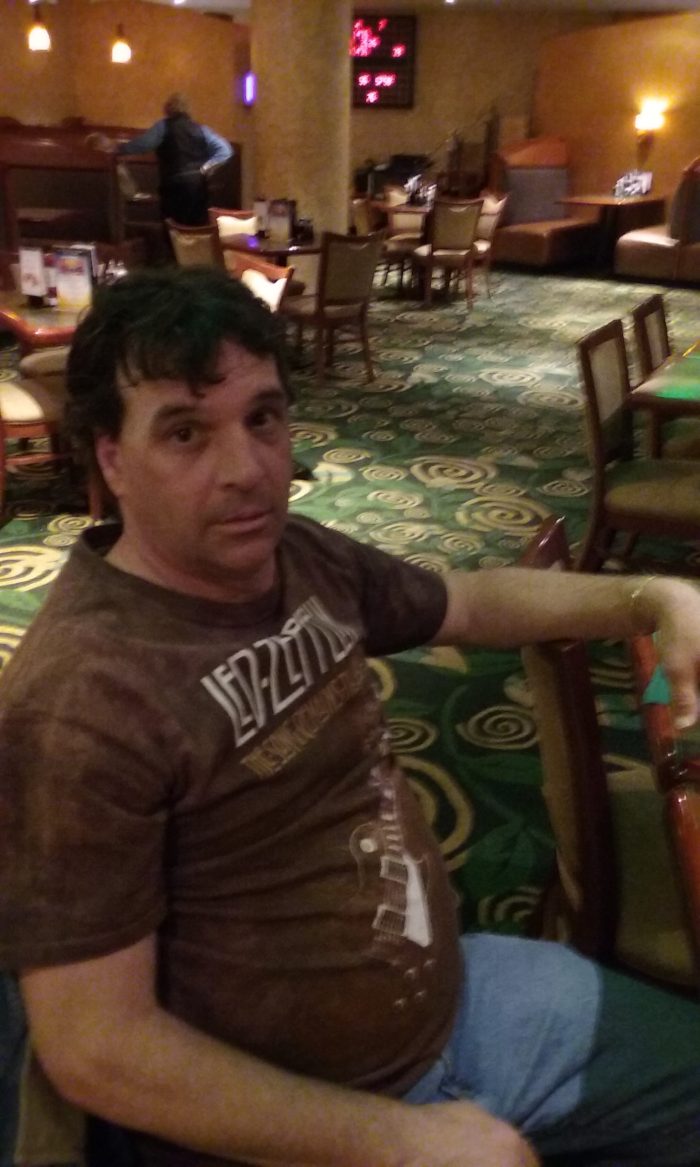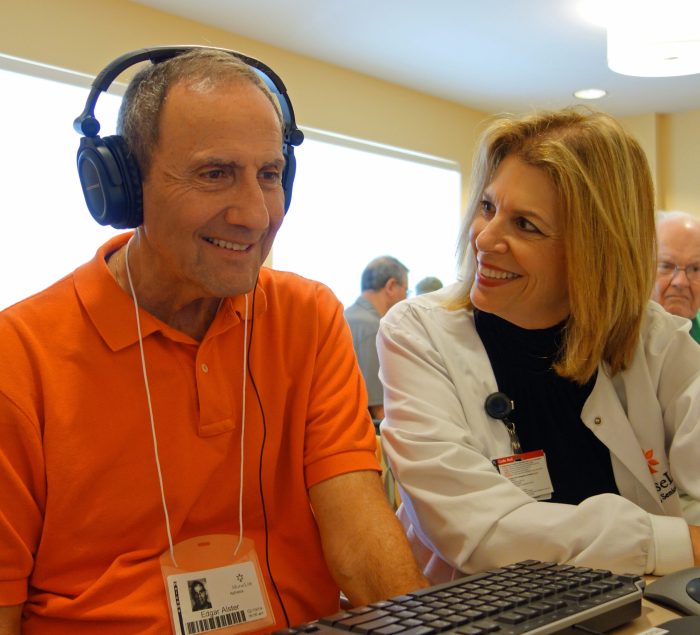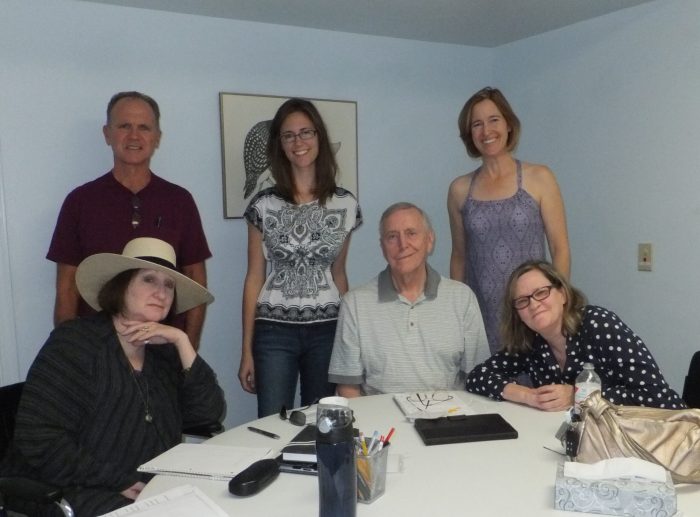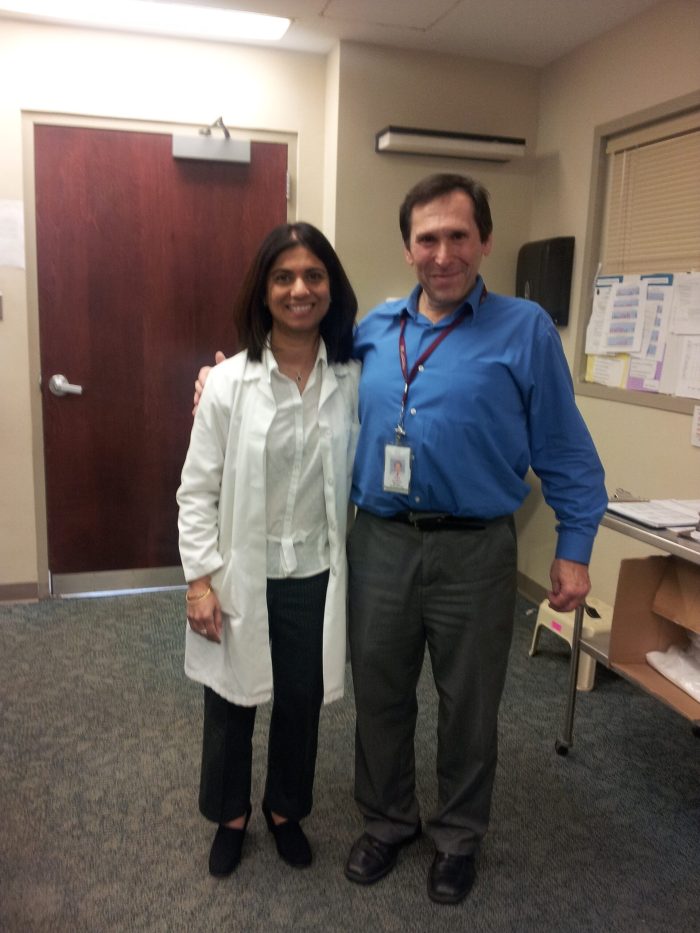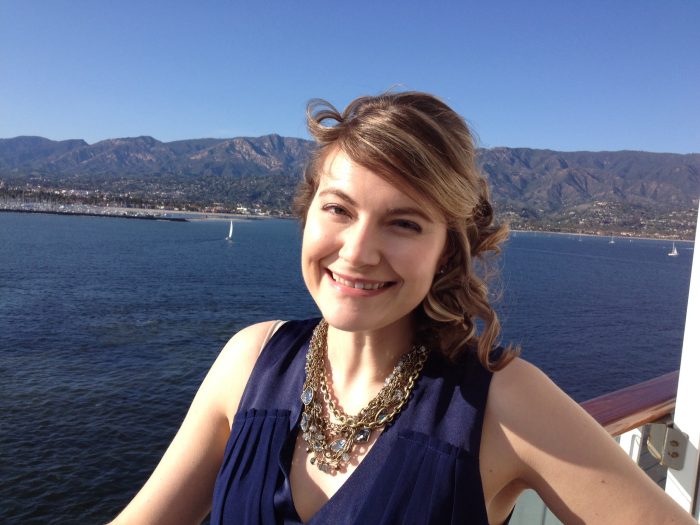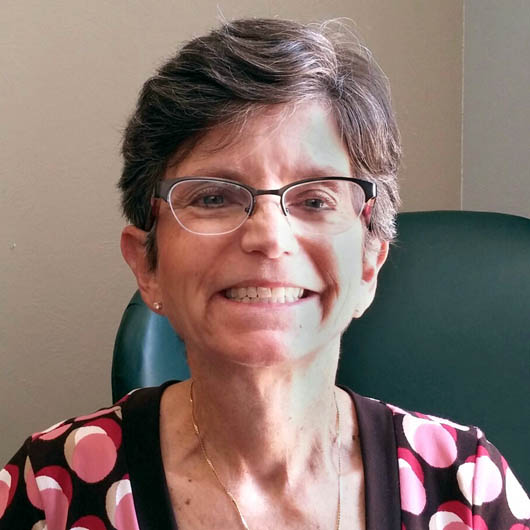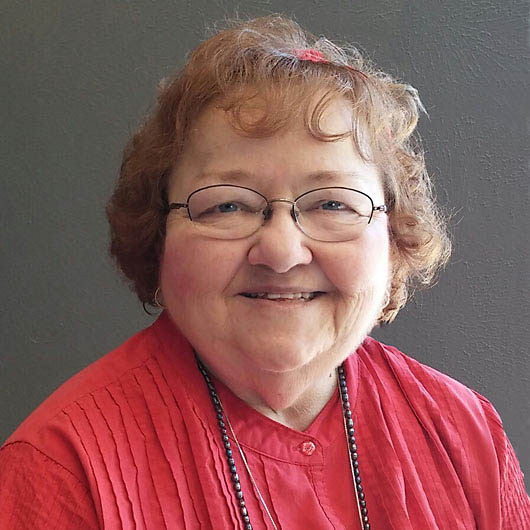Broken Pieces
Before, I used to be a whole, but now I feel crushed. I felt like a whole person before my stroke. After the stroke, I felt like my brain and heart were not working like they used to. Before the stroke, I used to feel like I was very smart. After stroke, I felt as…

